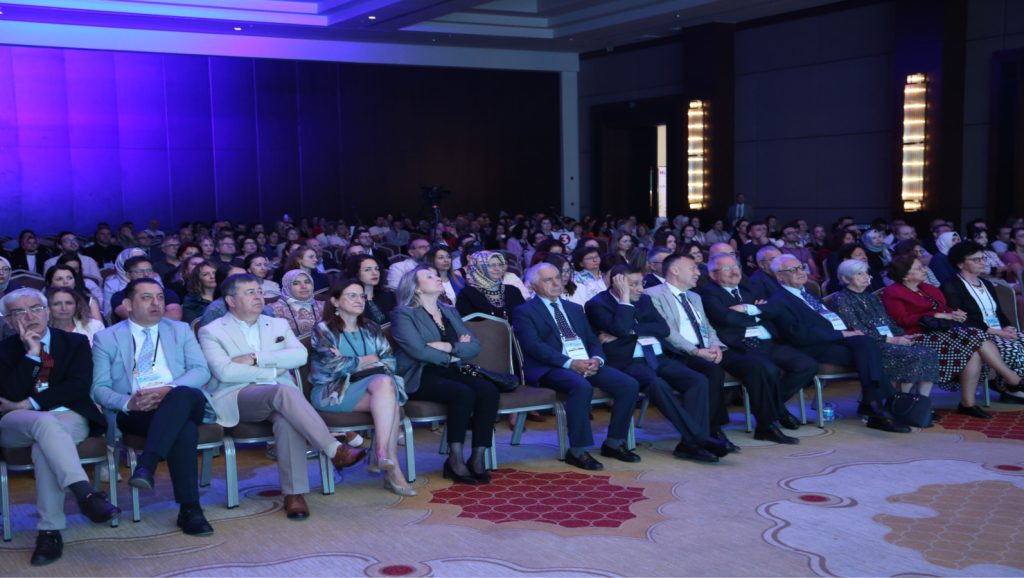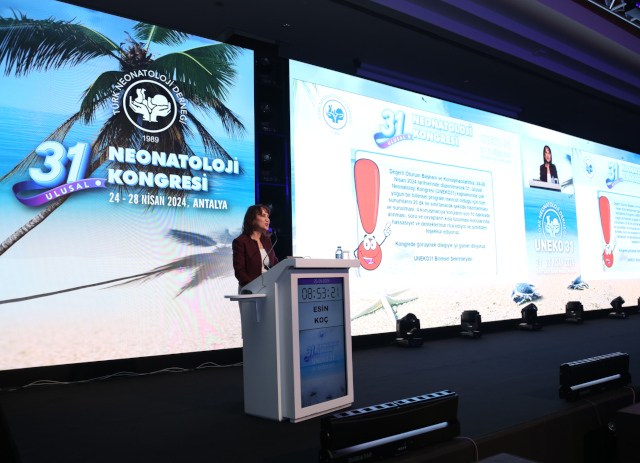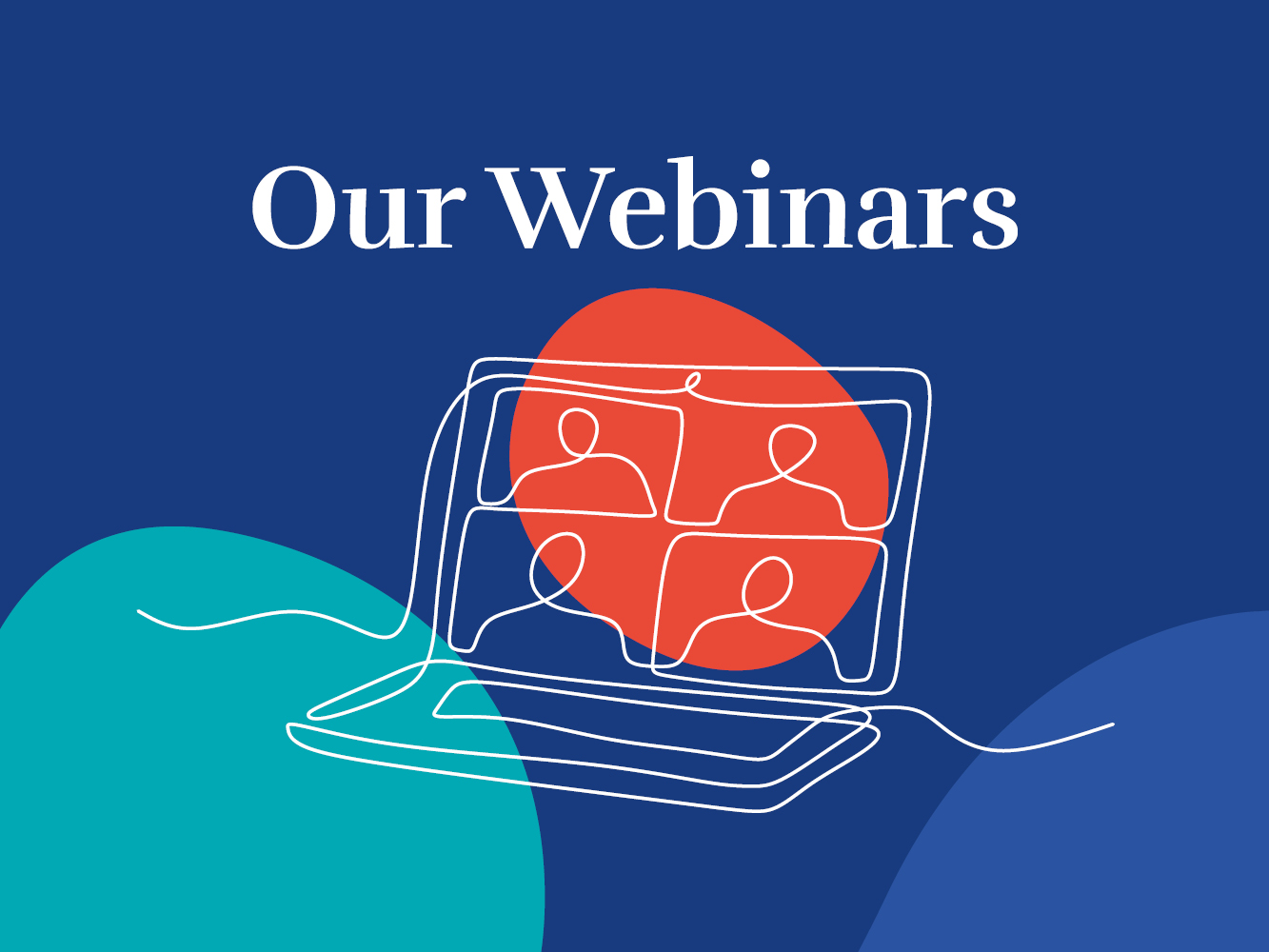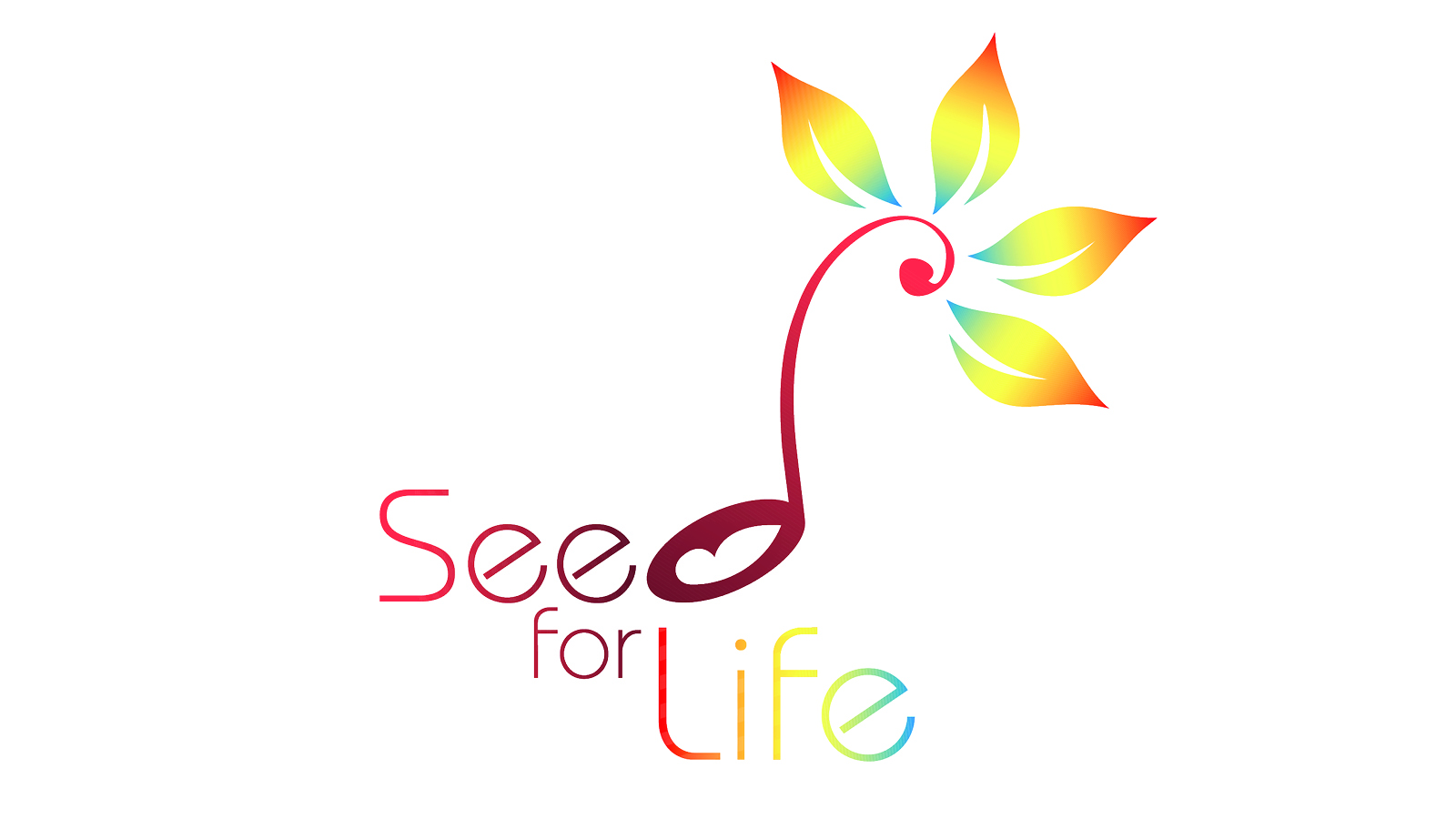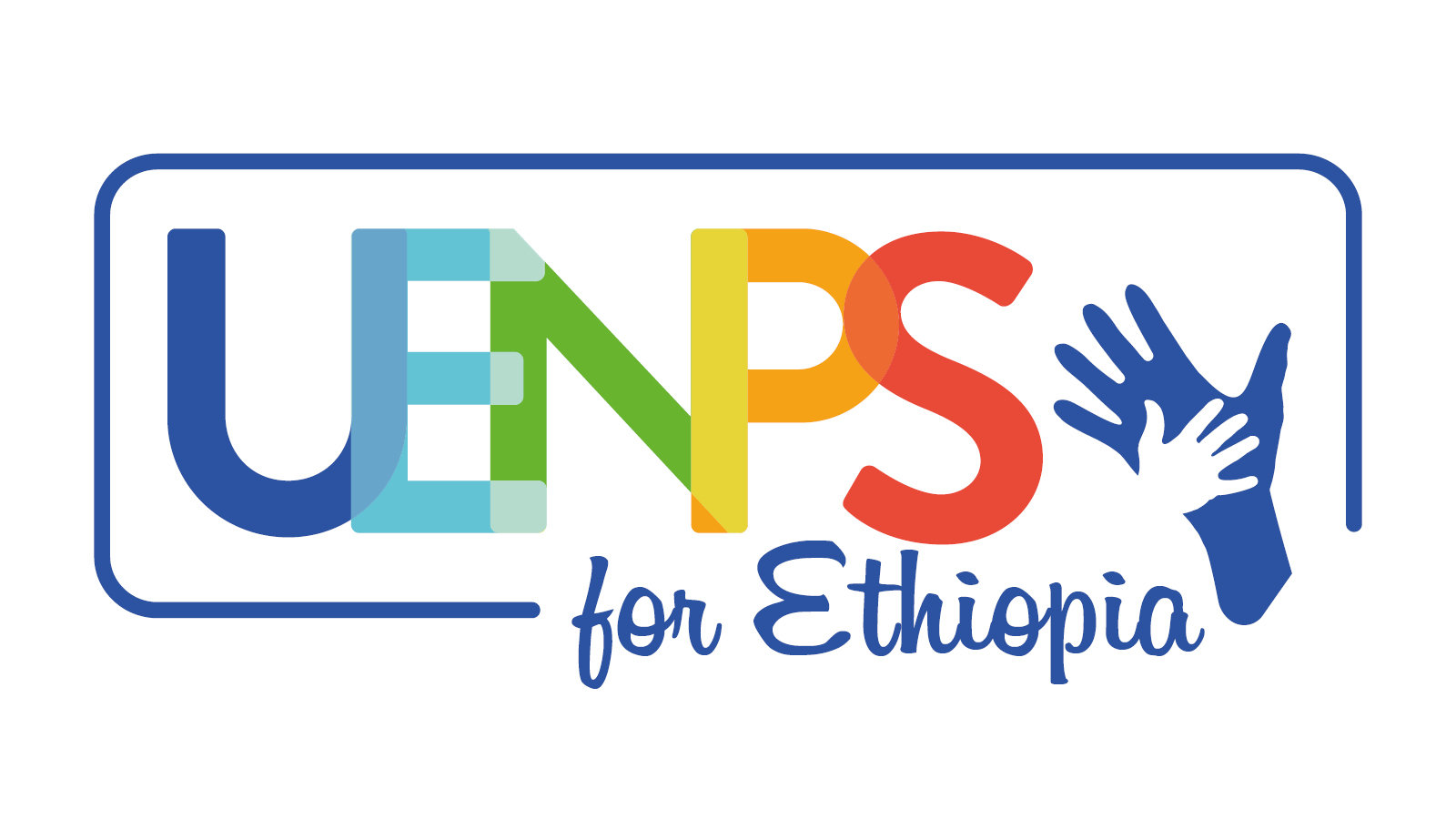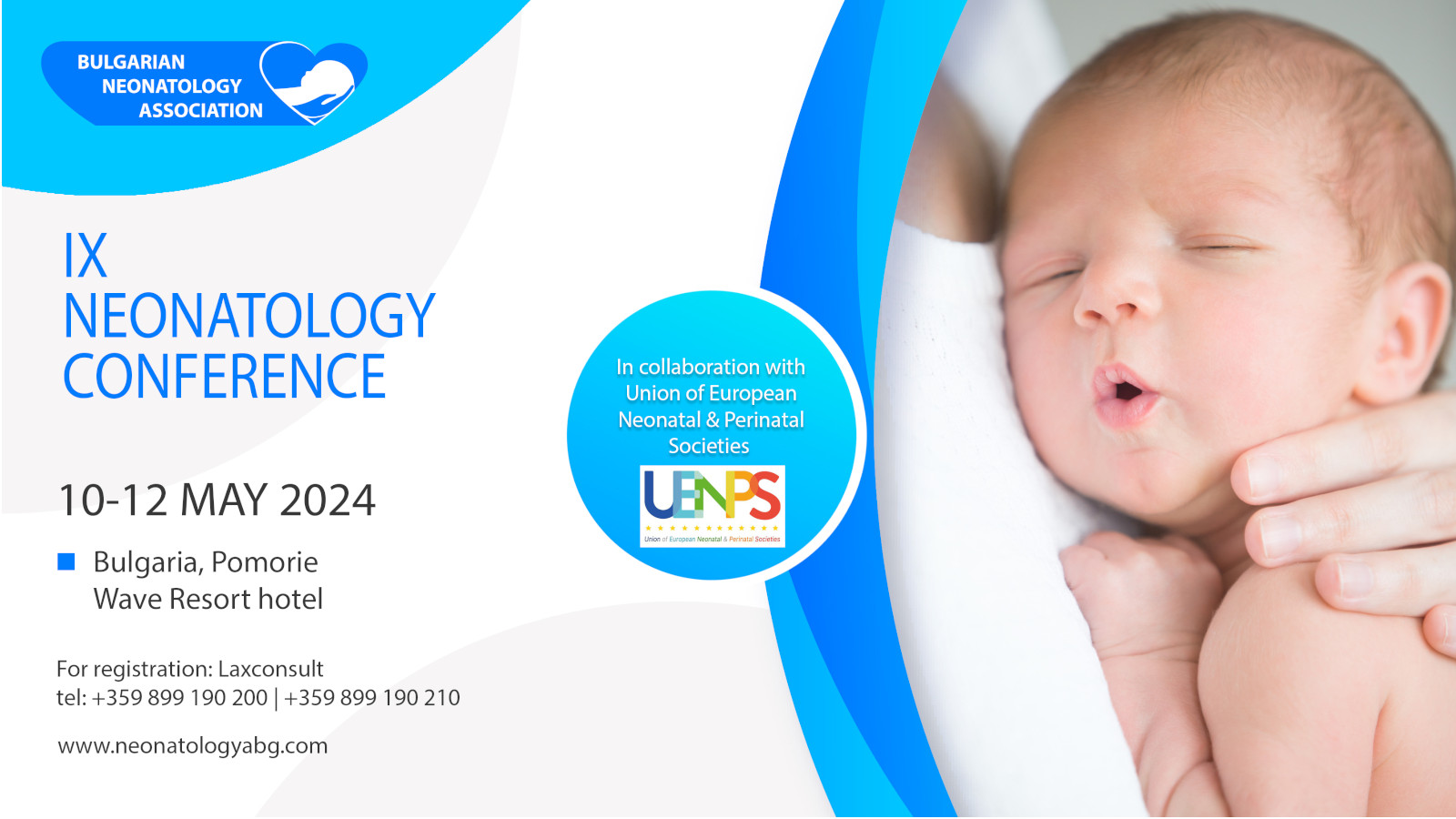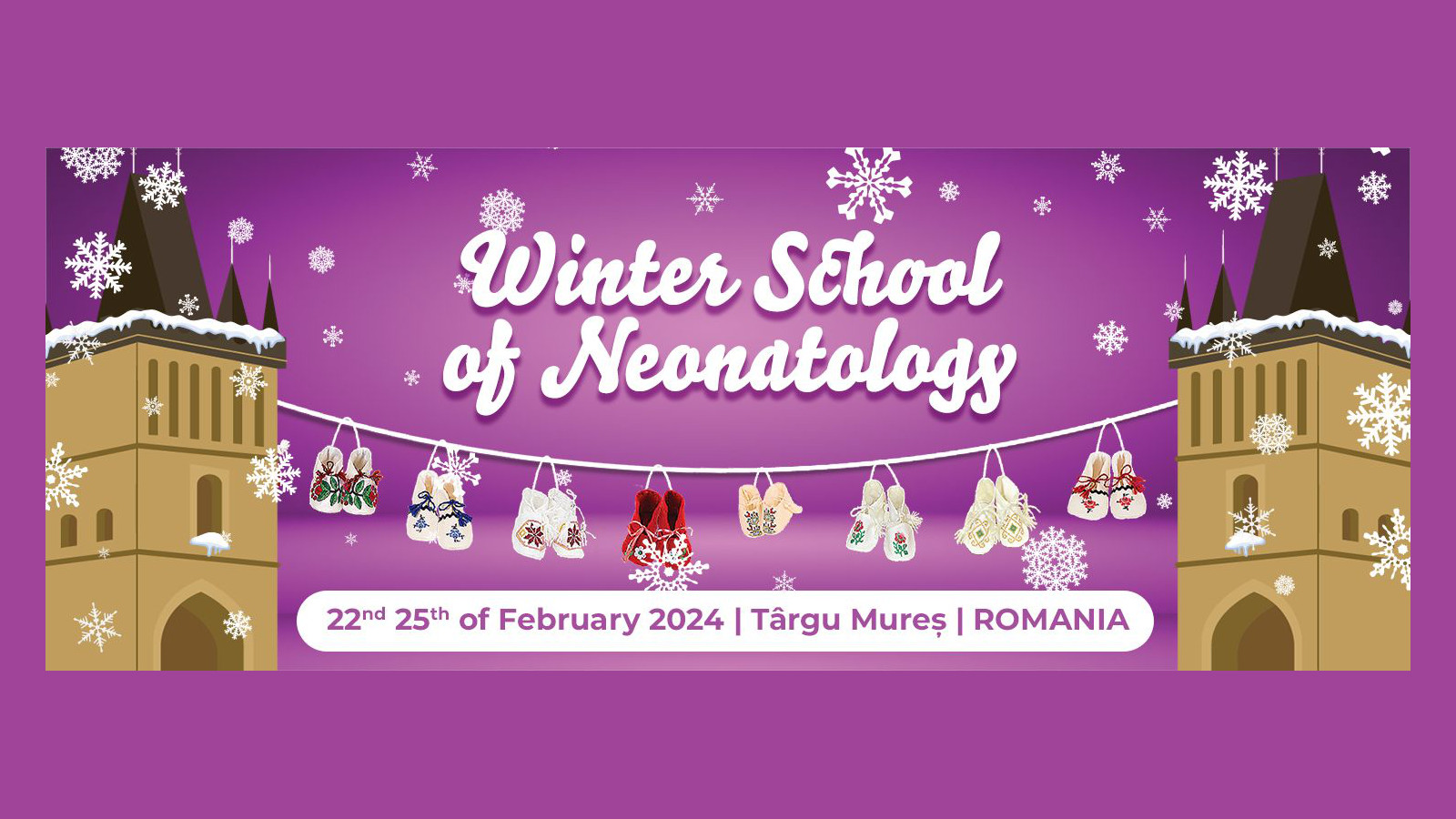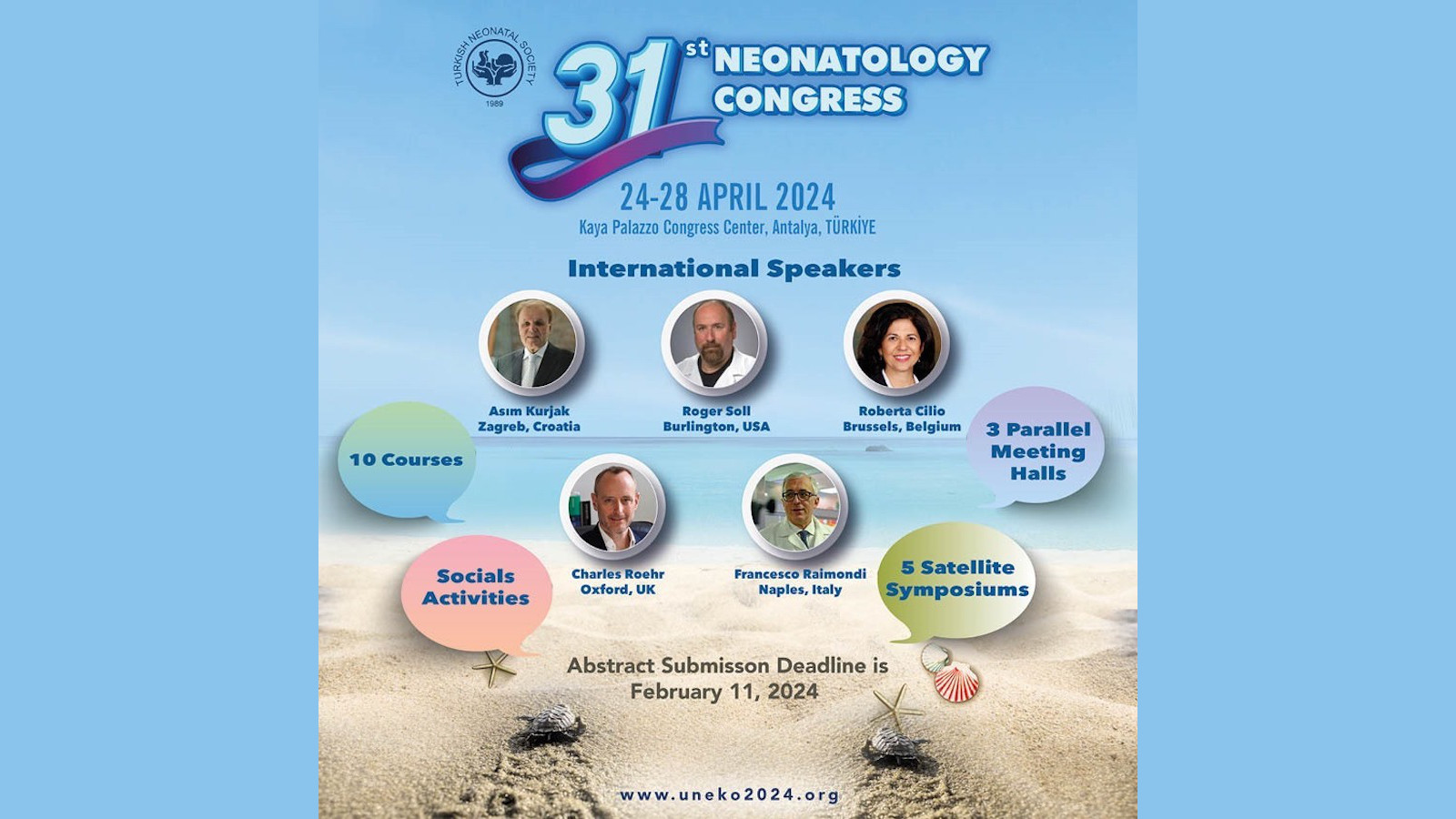Corrado Moretti, Camilla Gizzi, Luigi Gagliardi, Flavia Petrillo, Maria Luisa Ventura, Daniele Trevisanuto, Gianluca Lista, Raffaele L. Dellacà, Artur Beke, Giuseppe Buonocore, Antonia Charitou, Manuela Cucerea, Boris Filipović-Grčić, Nelly Georgieva Jeckova, Esin Koç, Joana Saldanha, Manuel Sanchez-Luna, Dalia Stoniene, Heili Varendi, Giulia Vertecchi and Fabio Mosca
CHILDREN 2024; 11, 158
Received: 22 December 2023 / Accepted: 24 January 2024
DOI: https://doi.org/10.3390/children11020158
Abstract
Background: Our survey aimed to gather information on respiratory care in Neonatal In- tensive Care Units (NICUs) in the European and Mediterranean region.
Methods: Cross-sectional electronic survey. An 89-item questionnaire focusing on the current modes, devices, and strategies em- ployed in neonatal units in the domain of respiratory care was sent to directors/heads of 528 NICUs. The adherence to the “European consensus guidelines on the management of respiratory distress syndrome” was assessed for comparison.
Results: The response rate was 75% (397/528 units). In most Delivery Rooms (DRs), full resuscitation is given from 22 to 23 weeks gestational age. A T-piece device with facial masks or short binasal prongs are commonly used for respiratory stabilization. Initial FiO2 is set as per guidelines. Most units use heated humidified gases to prevent heat loss. SpO2 and ECG monitoring are largely performed. Surfactant in the DR is preferentially given through Intubation-Surfactant-Extubation (INSURE) or Less-Invasive-Surfactant-Administration (LISA) techniques. DR caffeine is widespread. In the NICUs, most of the non-invasive modes used are nasal CPAP and nasal intermittent positive-pressure ventilation. Volume-targeted, synchronized intermittent positive-pressure ventilation is the preferred invasive mode to treat acute respiratory distress. Pulmonary recruitment maneuvers are common approaches. During NICU stay, surfactant administration is primarily guided by FiO2 and SpO2/FiO2 ratio, and it is mostly performed through LISA or INSURE. Steroids are used to facilitate extubation and prevent bronchopulmonary dysplasia.
Conclusions: Overall, clinical practices are in line with the 2022 European Guidelines, but there are some divergences. These data will allow stakeholders to make comparisons and to identify opportunities for improvement.

